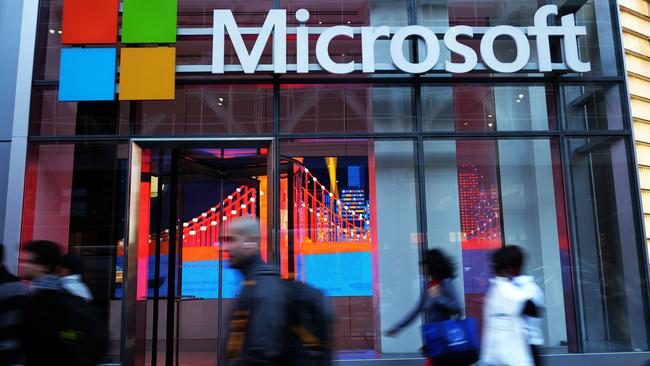Microsoft risks Surface tension with manufacturers
The Surface Book comes with some nifty features.
Microsoft’s decision to manufacture Surface devices is slowly paying off despite a less than stellar start to the journey. The Surface RT cost Microsoft $US900 million before it was scrapped and the Surface line in general had a poor debut, with losses in the 2013 and 14 financial years estimated at $US1.7 billion.
But there was a glimmer of positivity in the September quarter last year, with Microsoft notching up a small profit of about $US122m. In July, Microsoft reported that Surface revenue had increased 117 per cent to $US888m year-on-year, driven by Surface Pro 3 and Surface 3 sales.
Now Microsoft has released its fourth-generation Surface Pro, along with a new device, Surface Book. It has been hailed as Microsoft’s first laptop but it’s really another tablet computer with a detachable keyboard, a four-in-one, with some quirky features.
The most notable feature is the dedicated graphics processing unit, an nVidia GeForce GPU, housed inside the keyboard.
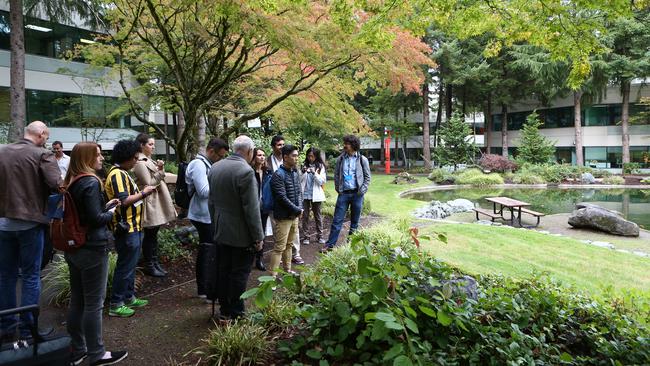
You can use Surface Book as a stand-alone tablet for checking emails, surfing the net, and watching videos, but if you do video editing or other GPU-intensive tasks, you’ll want the keyboard attached. The Surface Book keyboard also contains the device’s two USB3.0 ports, a glass trackpad, and boasts a high resolution display and fast processor.
Surface Book is moderately priced in the US. An Intel Core i5 model with 8GB of memory and 128GB of storage costs $US1499, but in Australia, with our lousy exchange rate, it will start at $2299, and the base model doesn’t have a dedicated GPU. That makes Surface Book expensive especially when the likes of Acer and Asus are selling detachable computers with Core i5 processors for under $1000.
With the tablet market generally in decline, large-screen tablets with detachable keyboards are shaping up as the next form factor of choice. No wonder both Apple, with its iPad Pro, and Microsoft, with the Surface Book, are migrating where growth is.
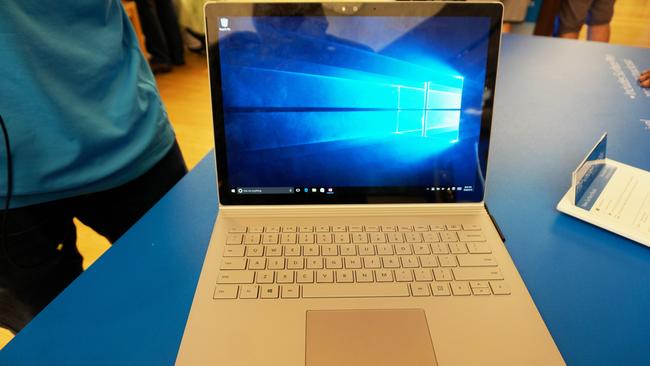
In fact, Microsoft shows no sign of backing away from hardware. Last week at the company’s headquarters in Seattle, Tim O’Brien, Microsoft general manager, global communications, said devices were a big part of the Microsoft experience.
A market with about 300 million Windows machines sold per year and a Windows install base of 1.2 billion, with a three to four-year refresh cycle, isn’t an opportunity to be passed up, even if the PC market is in decline.
But tech research firm Telsyte managing director Foad Fadaghi said Microsoft risks inflaming tensions with the OEMs — the manufacturers that install Windows on their own devices.
“We think there will be increased tension between Microsoft and its OEMs,” Fadaghi says.
“Clearly it (Surface) is PC hardware and Microsoft is going after the PC market at a time it’s going into decline.”
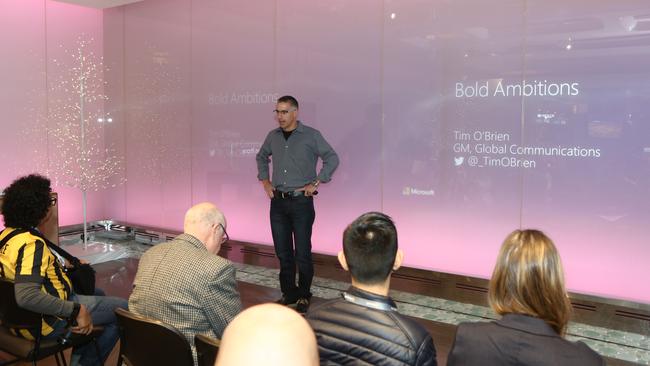
Fadaghi adds that it’s not just sales that is motivating Microsoft to make Surface devices. “The sceptic in me says it has to do with Apple, to be seen to be producing beautiful products with strong design. So the overall prestige of the organisation might be a factor. They want to have a hero product to showcase their innovation.”
If the Surface brand continues to gain acceptance, Fadaghi says he “wouldn’t be surprised if Microsoft released a Surface phone in the future”.
The software giant has been exhibiting new lateral thinking in its activities externally and internally, such as its partnership with Apple to ready Office for iPad Pro, and its building of a launcher for Google’s Android operating system. It is all part of the big shift in internal culture ushered in by new chief executive Satya Nadella.
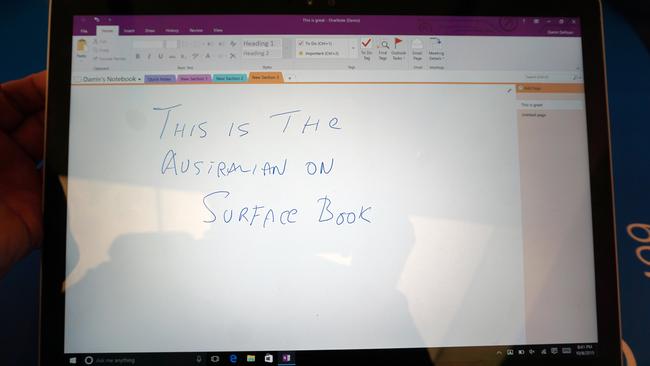
“There was a view of Microsoft as having internal turf battles and that was holding the company back from innovation,” O’Brien says.
“Putting the company first, putting the company above your team, your organisation, and your product group, is another very strong cultural element here.
“I can tell you as someone who’s been here for 12 years, the last two years have been markedly different.
“Defending your turf, defending your little empire is no longer rewarded.”
Chris Griffith visited Microsoft in Seattle courtesy of Microsoft.
